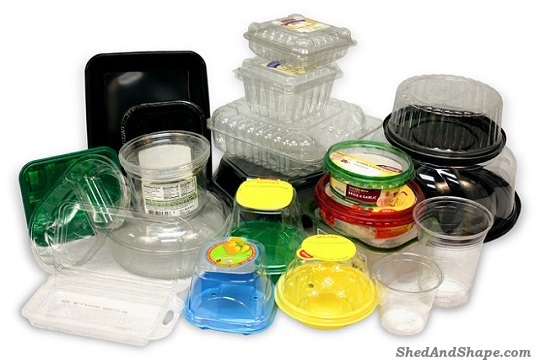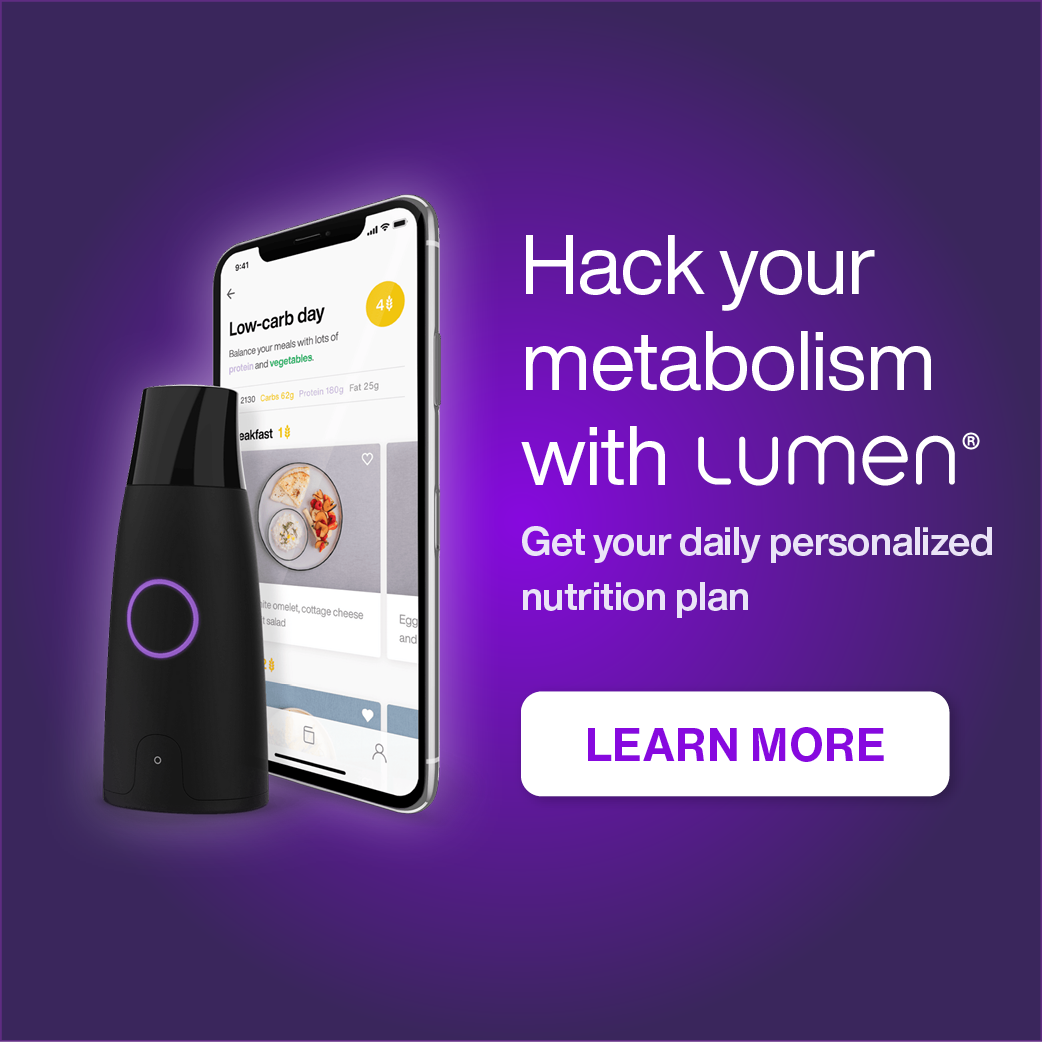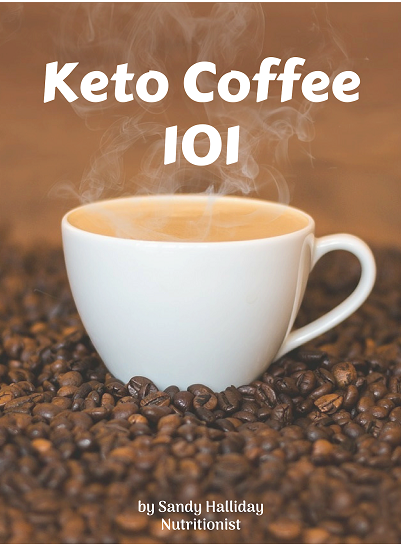Artificial chemicals known as Obesogens are said to be the leading cause of obesity in the world. These toxic chemicals can be found in various products, from food containers, toys, cookware, plastics, cosmetics, and even baby bottles. Once these chemicals get into your body, they could interfere with your body’s normal functioning and could make you gain extra fat cells or have difficulty with weight loss.
Related reading: 5 Top Weight Loss Lifestyle Tips
How Obesogens Function
Obesogens belong to the category of endocrine disruptors, a type of toxic chemical that has the ability to interfere with the normal functioning of your hormones. Some of the obesogens may not cause obesity, however, they could possibly lead to birth defects, de-masculinization among men, premature puberty among girls, breast cancer, and some other disorders. Unfortunately, most of these could take place in the womb, so if a pregnant woman is exposed to these toxic chemicals, her child will be at high risk of becoming obese later on in life.
Common Obesogenic Chemicals
Here are some of the most common obesogenic chemicals that may be present in your home at this moment.
• BPA or Bisphenol-A – BPA is a synthetic compound that’s commonly found in various types of products, including plastic food and beverage containers, baby bottles, and metal food cans. This toxic chemical has been used commercially for many decades, however recent studies done on animals have shown that a high level of BPA could cause harm. The structure of this chemical resembles that of estradiol, which is an important form of estrogen, a female sex hormone. BPA tends to bind with the body’s estrogen receptors (areas on cells). Several studies have linked BPA exposure to obesity and weight gain. Exposure to this chemical may also lead to diabetes, heart disease, insulin resistance, cancer, and many more.
• Perfluorooctanoic Acid (PFOA) – Perfluorooctanoic acid is a synthetic compound used for several purposes. This chemical is a constituent of non-stick cookware that’s made from Teflon. It’s also said to be present in microwave popcorn. Aside from causing weight gain, exposure to the chemical can also lead to thyroid disorders, chronic diseases, and chronic kidney disease.
• Phthalates – Phthalates are toxic chemicals used in making plastics to become flexible and soft. They are commonly found in various products, from toys, food containers, beauty products, paint, and shower curtains. Just like the BPA, phthalates are considered endocrine disruptors and could affect the body’s hormonal balance. It is said to contribute to an increased risk of weight gain because of its ability to affect the hormone receptors known as PPARs, which are often involved in metabolism.
Minimize Exposure to Obesogens
We may not be aware, but we do encounter a lot of endocrine-disrupting chemicals every single day of our lives and totally avoiding them is downright impossible. However, there are things you can do on how to reduce your exposure to these harmful chemicals:
• Avoid buying beverages and foods that are packed in plastic containers.
• Instead of using plastic water bottles, use those that are made from stainless steel.
• Don’t use plastic bottles to feed your babies. Even BPA free bottles contain chemicals that are now thought to be just as bad.
• Use stainless steel or cast iron instead of non-stick cookware.
• Always buy cosmetics that are made from organic and natural ingredients.
Of course, regular exercise, eating healthy, and getting enough sleep are also important when it comes to maintaining good health.
Effect of Keto Diet on Toxic Chemicals
Researchers have established that we all store chemicals in our cells. You can eliminate water-soluble chemicals relatively easily if your detox pathways are working optimally, but fat-soluble compounds tend to store in fat cells. When you lose weight and burn fat as you do on a low carb or keto diet those chemicals are released into the blood stream. They too can be eliminated from your body if your liver detox system is functioning well.
A healthy low carb diet that includes plenty of low carb vegetables and brassicas like broccoli, cabbage, kale, Brussels sprouts and collard greens can help boost the detox pathways. Also include wild caught fish and organic/grassfed meats.
Conclusion
It’s important to remember that the effects of these chemicals are far from being proven. Most of the information provided above is based on observations and studies done on animals in a lab. While these chemicals have not yet been proven to cause harm among humans, it’s better to minimize exposure as much as you can.
Looking to lose weight? Try the 3-Week Ketogenic Diet. It’s a simple, science-based diet that’s 100% guaranteed to melt away 3-9 pounds of stubborn body fat in just 21 days! Get your 7 day FREE trial today!










